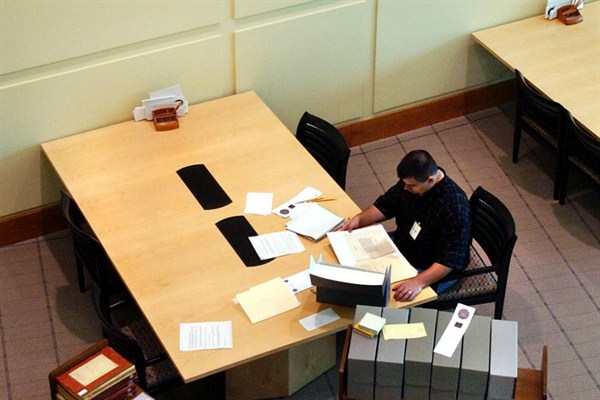Recent reports that Sen. David Walsh may have committed plagiarism while a student at the U.S. Army War College brought unaccustomed attention to the military's senior schools. Discussion of the issue showed that despite the long history of America's war colleges, they are not widely understood. It also suggested that there is a need for wider debate on how the United States educates its senior military leaders, particularly given the deep changes underway in the armed forces.
All of the services use war colleges or an equivalent fellowship as a gate to higher rank—full colonel in the Air Force, Marines and Army, and captain in the Navy. Only a small percentage of eligible officers are selected. Civilians from the Department of Defense and other government agencies attend, as do officers from friendly foreign nations. Even though most students already have an advanced degree, U.S. war colleges are accredited master's degree-granting institutions that have to meet the same academic requirements as civilian graduate and professional schools.
War colleges have multiple purposes, and limited time to achieve them in: less than a year in a resident program and two years in a nonresident one. This forces them to balance competing demands for scarce time and to make tough tradeoffs. For instance, the colleges help officers make the transition from a tactical or operational focus to a strategic one. They provide their students a deeper understanding of the other services. And, at the same time, they seek to broaden their students, particularly in the area of rigorous, critical and analytical thinking.

